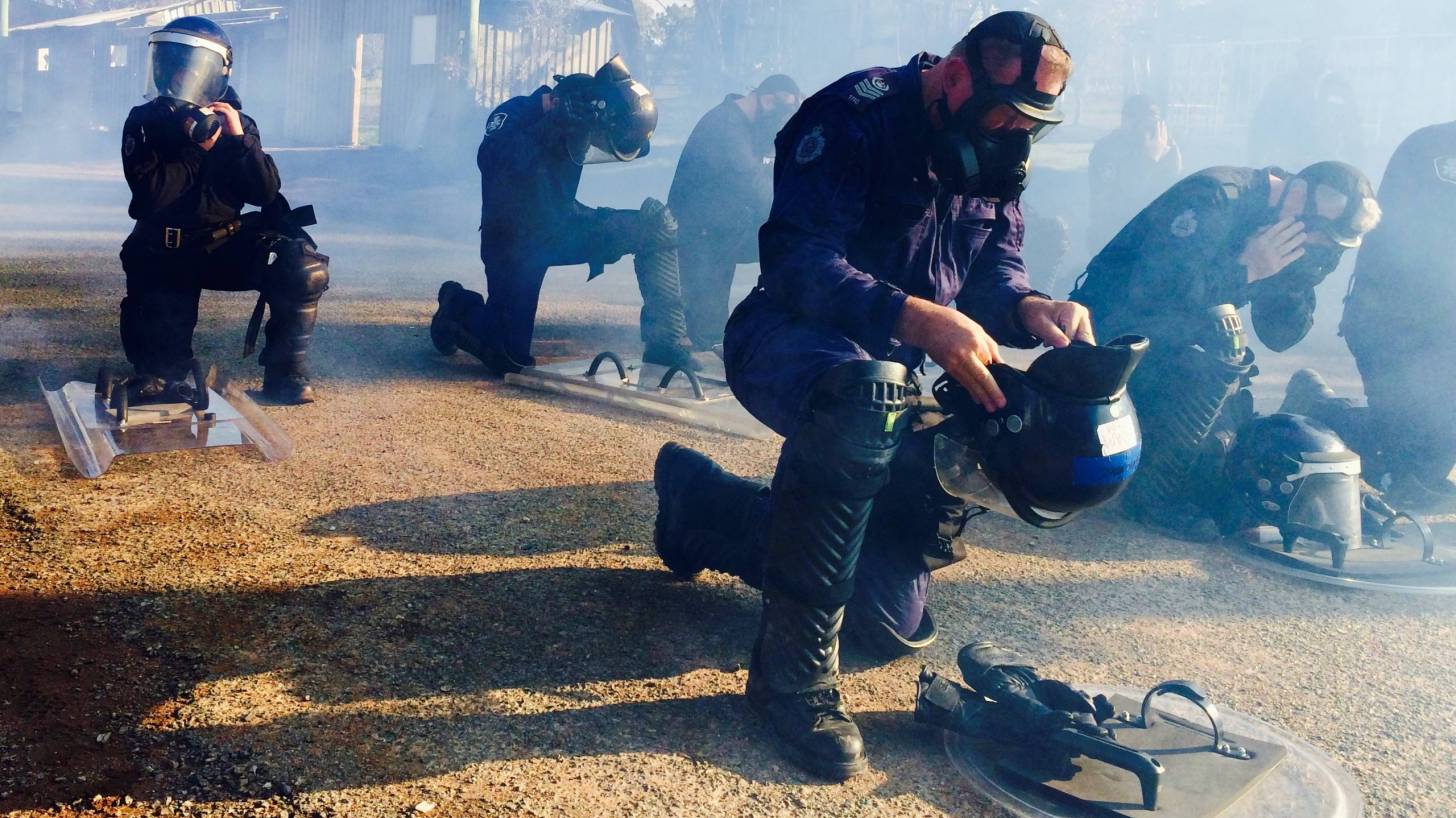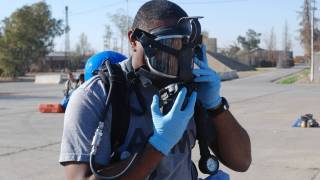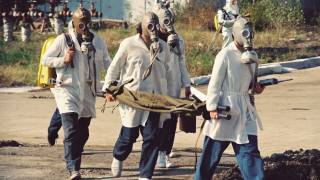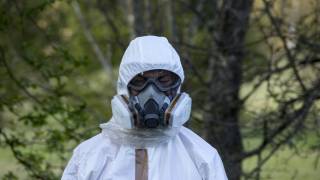Dual Protection Vaccine Candidate Against Anthrax & Plague Advances

Bioterrorism remains one of the biggest challenges to global security and public health, says the Food and Drug Administration (FDA).
But, there are no FDA-approved vaccines for mass vaccination to protect the general public against either anthrax or the plague, which are tier 1 agents that pose serious threats to US national security.
However, researchers announced today that they have now engineered a virus nanoparticle vaccine candidate against Bacillus anthracis and Yersinia pestis.
B. anthracis and Y. pestis are the pathogens that cause anthrax and plague, respectively.
Using bacteriophage T4, the scientists developed the vaccine by incorporating key antigens of both B. anthracis and Y. pestis into one formulation.
Two doses of this vaccine provided complete protection against both inhalational anthrax and pneumonic plague in animal models.
Even when animals were threatened with lethal doses of both anthrax lethal toxin and Y. pestis CO92 bacteria, the vaccine was shown to be effective.
The study is published in mBio, an open-access journal of the American Society for Microbiology. Their results demonstrate that T4 nanoparticle is a novel platform for developing multivalent vaccines against pathogens of high public health concern.
“This dual anthrax-plague vaccine is a strong candidate for stockpiling against a potential bioterror attack involving either one or both of these biothreat agents,” the researchers noted in the study.
Vaccine development historically relied on the whole pathogen-containing either the inactivated organisms or live attenuated organisms.
Several such vaccines have been developed against anthrax and plague in the past.
However, these whole-pathogen vaccines produce severe side effects. Hence, these vaccines have either been discontinued or used only in a limited way to protect at-risk military and laboratory personnel.
Subunit vaccines containing only the target antigen(s) of a pathogen are safer alternatives to whole-pathogen vaccines. Numerous recombinant vaccines against anthrax or plague have been under investigation, but none have yet been licensed.
This new vaccine candidate is important since following the deadly anthrax attacks of 2001, the Centers for Disease Control and Prevention (CDC) determined that Bacillus anthracis and Yersinia pestis that cause anthrax and plague were named as Tier-1 biothreat agents.
Both cause rapid death, in 3 to 6 days, of exposed individuals.
This study was conducted in accordance with the Guide for the Care and Use of Laboratory Animals recommended by the National Institutes of Health.
This work was supported by NIAID/NIH grant AI111538 (V.B.R.) and in part by grant AI064389 (A.K.C.) and the intramural research program of the National Institute of Allergy and Infectious Diseases, National Institutes of Health.
The American Society for Microbiology is the largest single life science society, composed of more than 30,000 scientists and health professionals.
Our Trust Standards: Medical Advisory Committee



















